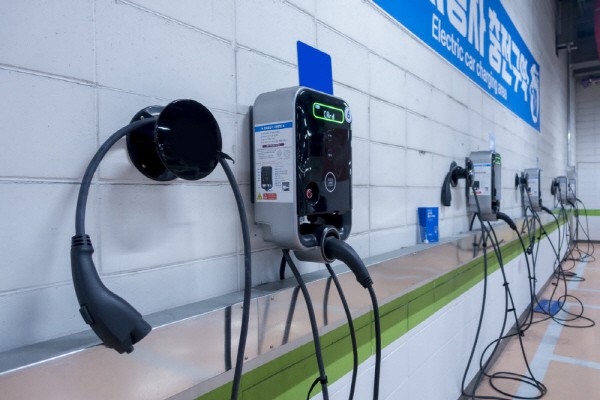Over 60 companies have applied for the government-funded project for electric vehicle subsidies, the highest number yet. There is excessive competition on securing subsidies as demand for electric vehicles has increased substantially and the subsidy budget has more than doubled from last year. Analysts say that as more and more large companies have acquired or invested their stakes in existing charging businesses, participation to increase the number of operating charging sites has increased significantly.
On the 2nd of June according to the industry, more than 60 companies have submitted applications to this year's contest to select electric vehicle charger subsidy operators promoted by the Ministry of Environment. This is twice as many as the 33 companies who participated last year and the largest number since the government subsidy project began in 2013. This year, not only small and medium-sized companies such as SK Broadband, Nice Group, and Parking Cloud, but also mid-sized and large companies are participating.
The Ministry of Environment plans to select 25 companies around the 10th of this month through corporate evaluation, such as the performance of installing chargers. Of the 60 participating companies, only 25 will qualify for the subsidy project. The 25 selected companies will then be divided into five grades to distribute subsidies differentially. Those of the highest grade will be assigned 2,000 to 3,000 chargers.

The budget for this year's charger subsidy project secured by the Ministry of Environment is KRW 60.5 billion, more than double from last year's KWR 24 billion. The government will supply approximately 35,000 standard (7.11kW) chargers to public facilities such as apartments across the country and subsidies for standard chargers will be provided at an average of KRW 1.2 million to KRW 1.4 million, depending on the installation quantity of each site.
According to an official of the Ministry of Environment, "By changing the charger supply policy from a first-come first-served system to an evaluation system, the charging service quality and follow-up management will be improved in order to maximize the effect of the national subsidies." He adds, "The evaluation will focus on the number of chargers installed, customer call center operations, and corporate management situations, and not the actual charger operation.”
According to a recent report titled "2022 Global Electric Vehicle Forecast-Charging Infrastructure Trends" published by the International Energy Agency (IEA) under the Organization for Economic Cooperation and Development (OECD), South Korea's "number of electric vehicles per charger" was 2.6 units as of last year. The lower the number, the better access to charging facilities. South Korea recorded the best figure among the 30 countries surveyed. This is a lower figure than Europe (15.5 units), the global average (9.5) and China (7.2) which has emerged as the world's largest electric vehicle market.
By Staff Reporter Tae-jun Park (gaius@etnews.com)